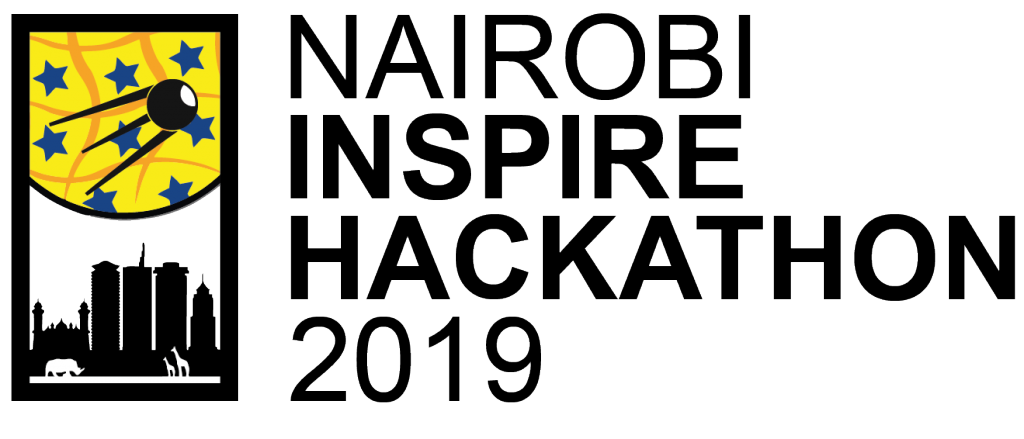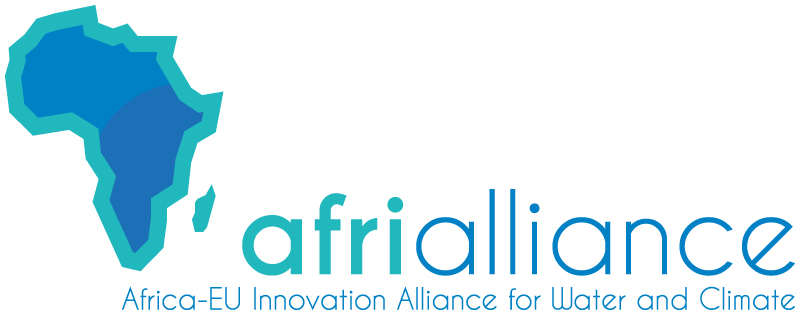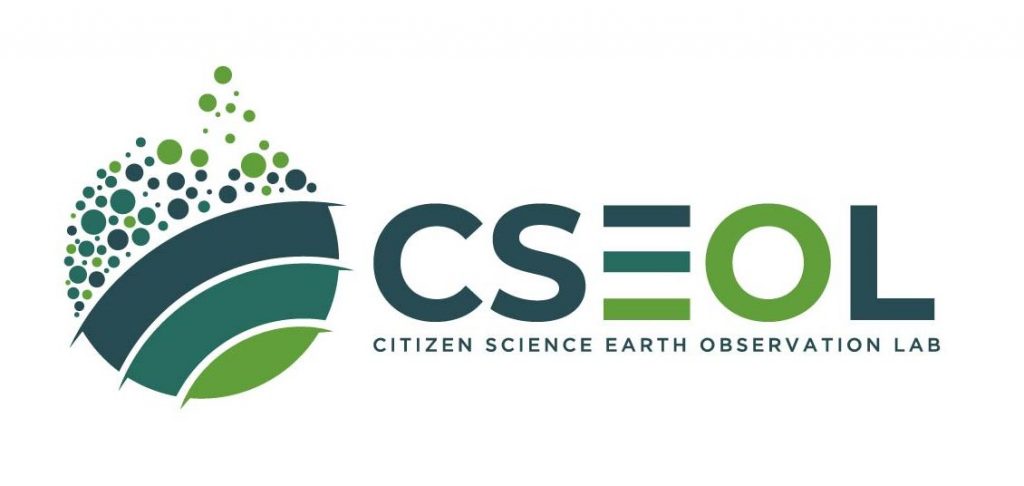Background
The availability and access to high-quality, timely, and reliable data, disaggregated by relevant characteristics and supplemented with necessary contextual information for its interpretation and use, is fundamental to the successful implementation and monitoring of the 2030 Agenda. National Statistical Systems, however, face many challenges not only in producing statistics to fill data gaps in national, regional and global SDG indicator frameworks, but also in integrating and making the vast amounts of existing SDG-related data and information accessible to decision makers in a meaningful way.
Different actors are often able to contribute timely and disaggregated data on specific issues, geographies or groups, which can supplement and provide additional context to understand the data on official statistical indicators at the national and global levels (such as data on informal settlements or needs in specific communities). Therefore, several important initiatives are being undertaken by National Statistical Offices in coordination with other members of national statistical systems, and in partnership with international and regional organizations and stakeholders from civil society, academia, and the private sector, to integrate new data sources into the production and dissemination of official statistics for sustainable development.
The UN DESA Division for Sustainable Development Goals’ (DSDG) ongoing EU grant entitled “SD2015: delivering on the promise of the SDGs” seeks to strengthen and support Major Groups and other Stakeholders’ (MGoS) engagement, including by strengthening their capacity to monitor and contribute to the 2030 Agenda.
Major Groups and other Stakeholders play an important role in reporting on the implementation of the Sustainable Development Goals. MGoS are often able to contribute timely and disaggregated data on specific issues, geographies or groups, which can supplement and provide additional context to understand the data on official statistical indicators at the national and global levels.
Citizen-generated data, as well as data produced by such constituencies as the private sector and local authorities, faces complex challenges in being integrated and used to support monitoring and decision- making to accelerate implementation of the 2030 Agenda. In particular, it is often difficult to find and link these supplementary data sources, due to discrepancies in the metadata structures and vocabularies used to describe and organize their content, as well as the lack of adherence to common technical and statistical standards. These challenges counter disaggregation, and lead to lower visibility and use of existing data sources that could be leveraged by governments to help fill in monitoring gaps for the SDGs.
Currently, there is no common framework to structure, aggregate, and give visibility to innovative data sources which can be leveraged by policy makers, analysts, and the general public to help implement and monitor progress towards the SDGs.
Objectives
Building on the UN Statistics Division’s existing work in providing guidance towards the use of common data standards to monitor the SDGs, the project aims to provide a common framework and guidelines to improve the visibility, interoperability and usability of supplementary sources of data on sustainable development to complement the work of national statistical offices, consequently raising overall awareness on progress towards the SDGs. Use of semantic web tools will be employed to address the needs for a lightweight data-interchange format across the web
Work Assignment
The Consultant will perform the following duties:
- Review existing prototypes of SDG data ontology and other related vocabularies (e.g., UN- BIS Thesaurus)
- Draft a document with guidelines for the implementation of linked-data on statistical data provided through a web API, and for digital text exposed through web documents
- Draft a document with general guidelines for the consumption of the SDG linked
- Develop an application to pilot the collection and integration of multiple alternative data sources in one
Duration of contract
The proposed duration of the contract is for 3 months starting in November 2018.
Duty Station or Location of Assignment
The consultant is not required to work in a UN office, but must be available for regular phone and web conference meetings with DSDG, UNSD and project partners during office hours. Travel or commute time to and from the United Nations Headquarters, as well as related expenses, are not part of the consultancy.
Travel
The Consultant is not required to travel for the performance of the assignment.
Expected outputs*
The consultant will develop the following deliverables:
- The following set of on-line guidelines (to be delivered in the form of GitHub wiki pages, Jupyter notebook(s) or similar on-line documents):
- Guidelines for the practical implementation of semantic web standards (JSON_LD, microdata or any other linked data artifact) to achieve the greatest exposure of SDG statistical data, using unique URIs defined in various publicly available ontologies and
- General guidelines for the consumption of the SDG linked (to be delivered in a word document)
- An application to pilot the collection and integration of multiple alternative data sources with official SDG statistics in one This application will use the linked data infrastructure created to connect nontraditional data sources with official statistical data.
Delivery dates of output
- First progress report submitted by 15 December 2018
- Second progress report submitted by 15 January 2018
- All outputs submitted by 15 February 2019.
Performance indicators
- Timely delivery of all components specified;
- Quality of the documentation and tutorials developed;
- Effectiveness of solution provided on an architectural level;
- Timely preparation of all activities and regular progress updates;
Qualifications
- Fluency in English
- An advanced degree in the field of data or information science or related fields
- A minimum of five years of working experience on information science including experience in the use of linked data and semantic web
- Demonstrated experience in the implementation of linked data projects using common linked data standards, such as RDFa, JSON_LD, Mircodata or other linked data technologies
- Familiarity with the N. Sustainable Development Goals and monitoring framework
- Knowledge of Agile methodology is desirable
Interested Applicants
Please send your CV, Cover Letter and financial proposal (daily fee) by 19 October 2018 to:
Ms. Nan Jiang, Division for Sustainable Development Goals, UN Department of Economic and Social Affairs jiang2n@un.org; +19173674426
The master program in Biodiversity informatics has opened its doors at the Faculty of Agricultural Sciences of the University of Abomey-Calavi, Benin, in October 2017. It is at its third student batch from next academic year.





